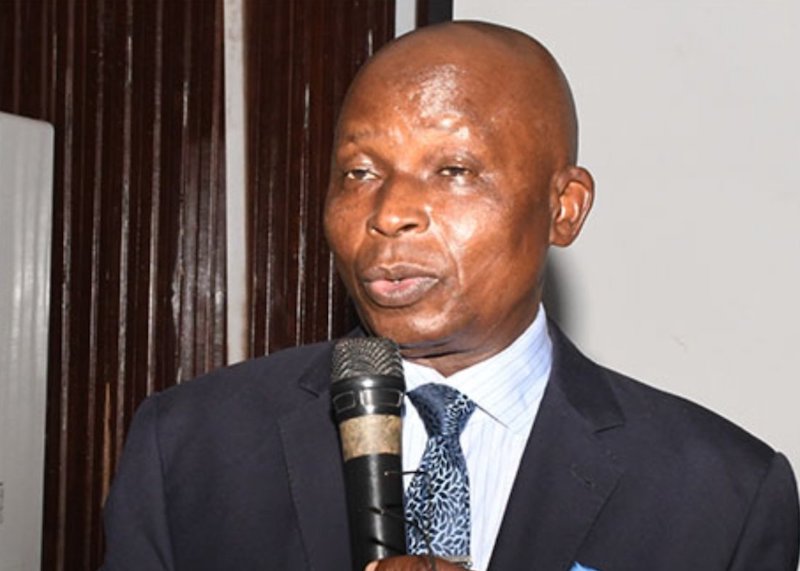The ongoing banditry in Zamfara has claimed over 3,000 lives with the State Government spending some N17 billion in the past seven years on fighting the problem.
The Secretary to the Government of Zamfara, Prof. Abdullahi Shinkafi, made the disclosure on Sunday in Gusau at a town hall meeting, organised by the Nigerian Bar Association (NBA).
The meeting was called to find a lasting solution to the worsening insecurity in the state.
According to Shinkafi, the banditry has resulted to the death of over 3,000 people, destruction of over 2,000 homes, burning of over 500 cars and kidnapping of over 500 people for ransom.
He said that the money was spent from 2011 to date, to procure vehicles for security agencies, pay allowances to security operatives, provide accommodation for soldiers of the 232 Battalion and other logistics.
“When you hear N17 billion, it sounds huge but when you break it down to the various components in tackling insecurity, you will see that it is not even enough.
“In 2011, we provided 457 vehicles for security agencies, in 2012, we provided 2,250 vehicles, in 2014, 77 vehicles and 50 vehicles each in 2015, 2016, 2017 and 2018.
“We also have to give funds to those affected by these attacks to at least help them in some way.”
According to Shinkafi, the state has been sitting on a time bomb for long, and there is need for citizens, the state and Federal Government to be more concerned and find ways to stop the bomb from exploding.
He recalled that the crisis which started as a minor clash between herders and farmers had been taken over by armed bandits, who had carried out about 40 attacks.
Calling on parents in the state to take proper care of their children, the SSG implored men not to marry more than one wife where it was clear they didn’t have the means.
“When as parents you do not attend to your children, the bandits hijack them and recruit them to work for them and as a man, you don’t have to marry four wives if you know you don’t have the means.”
He attributed the banditry to shortage of manpower in the state, stressing the need for more indigenes to show interest in joining the security services to protect the state.
The National President of the NBA, Mr Abubakar Mahmoud (SAN), wondered why the Federal Government would allow the state to spend so much of its funds on security.
He argued that the sum would have been used to build infrastructure and grow the state’s economy, adding that security operations should be funded by the Federal Government and not the states.
He, however, noted the need for the Zamfara Government to show leadership in the fight against insecurity.
According to him, providing funds without being present to monitor how the funds are spent cannot not yield the desired results.
Mahmoud said the visit by the NBA was not political but a move, aimed at promoting peace, resolving the conflict and upholding the Nigerian Constitution.
He assured that the association would dialogue with Gov. Abdulaziz Yari on various allegations against him, particularly that he was never present in the state to attend to state matters.
Some of the participants, who spoke at the meeting, accused Yari of running the administration in absentia and called on the Federal Government to declare a state of emergency in the state.
Sen. Saidu Dansadau, a former senator said that management of security was capital intensive and that the leadership must be on ground to monitor how such money was spent.
Dansadau also argued that the only solution to the crisis in Zamfara was to declare a state of emergency in the state.
“For Zamfara to be peaceful again, a state of emergency must be declared. It is no longer an issue of getting adequate arms and ammunition or security personnel.”
For Mr Aliyu Gusau, the Director of Public Prosecutions in the Federal Ministry of Justice, the issue was that the people of the state no longer trusted the government.
“The communities are more loyal to the bandits because promises and assurances given by the government are never fulfilled.”
He also blamed lawyers in the state for being too quick to defend and secure bail for arrested bandits and attributed this to the failure of justice delivery in the state.
Other speakers also identified poverty, unemployment, corruption, ignorance, ethnic and religious sentiment as some of the factors fuelling insecurity in the state. (NAN)



